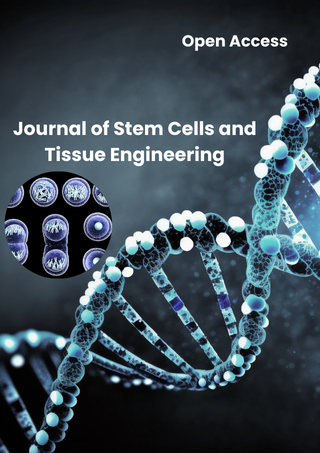Induced Pluripotent Stem Cells
Induced Pluripotent Stem Cells (iPSCs) are somatic cells that have been genetically reprogrammed to return to a pluripotent state, mimicking the capabilities of embryonic stem cells. iPSCs can differentiate into any cell type, offering transformative potential in regenerative medicine, disease modeling, drug discovery, and personalized therapy—without the ethical concerns associated with embryonic cells. Research focuses on improving reprogramming efficiency, genomic stability, and controlled differentiation. iPSCs are instrumental in creating patient-specific cell lines for studying genetic disorders, testing drug responses, and developing autologous cell therapies. They have shown promise in treating conditions such as retinal degeneration, spinal cord injury, and cardiovascular diseases. Ongoing challenges include minimizing tumorigenic risks, enhancing cell quality, and scaling production for clinical applications. iPSCs continue to revolutionize modern biomedical research and therapy.
Article Processing Timeline
| 2-5 Days | Initial Quality & Plagiarism Check |
| 15 Days |
Peer Review Feedback |
| 85% | Acceptance Rate (after peer review) |
| 30-45 Days | Total article processing time |
Indexed In
ResearchBib
Sindexs
OAJI
DOAJ
CrossRef
PubMed
MEDLINE
EBSCO A-Z / Host
OCLC - WorldCat
Journal Flyer


